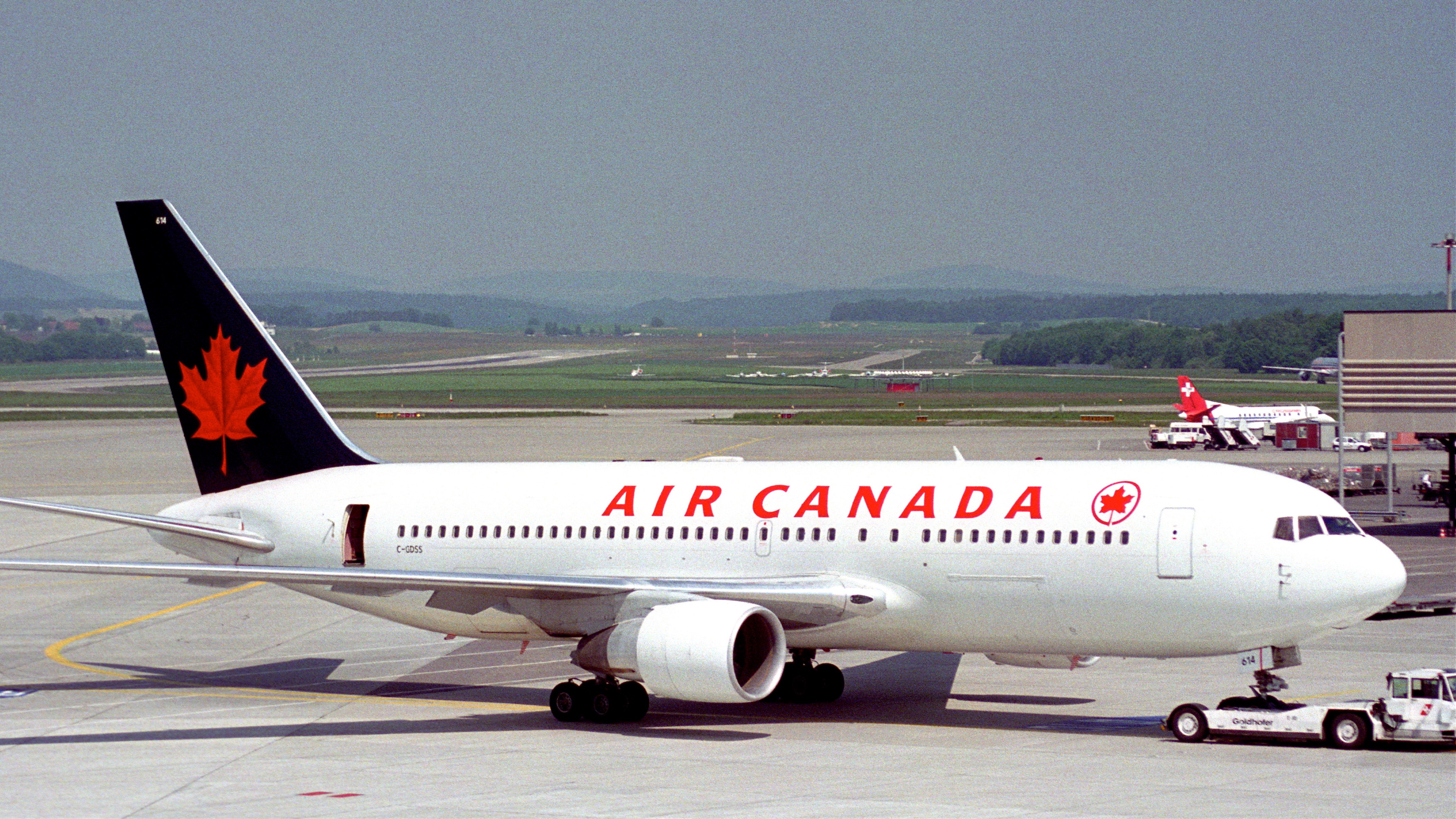Air Canada (TSX:AC)(TSX:AC.B) hasn’t run out of surprises.
Canada’s largest airline’s shares soared 10% to a record high on August 1 after it announced robust second-quarter earnings on increased passenger traffic and lower operating costs.
After the earnings release, Air Canada shares surged to $21.74. If you’re not following Air Canada’s performance recently, then you should note that the company’s share value has doubled in about one year.
So, what’s powering this airline which was almost drowned in the costs of its employee pension plan just five years ago?
Here are some of the details from the company’s second-quarter earnings statement that show how remarkable the turnaround has been for Air Canada:
- Passenger traffic grew 13.6%, boosting Air Canada’s revenue by 12% to $3.52 billion;
- Air Canada flew nearly 167,000 passengers on June 29, setting a record that the company expects will be surpassed over the upcoming August long weekend;
- Air Canada’s net income rose 63%, or $1.08 per diluted share in the three-month period from $0.66 per diluted share a year ago;
- Adjusted net income was $215 million, or $0.78 per share, almost double the consensus forecast of $0.38.
How long will this upside momentum continue? And is it safe to include Air Canada shares in a portfolio?
I think Air Canada is well positioned to benefit from the increasing air travel demand in North America and abroad. With the launch of its 16 international and U.S. trans-border routes this quarter alone, the company expects to increase international-to-international connecting passengers via Canada.
Low fuel prices and favourable currency are also helping the Canadian travel industry. In 2018, the company plans to shift its focus to the mainline narrow-body fleet-replacement program. This move is expected to further reduce Air Canada’s unit costs and improve operating margins.
Air Canada stock is still undervalued
From the valuation perspective, Air Canada stock is trading at eight times its earnings multiple, suggesting its shares are significantly undervalued when compared to its peers. If you factor in Air Canada’s revenue outlook and earnings potential, I think we’ve another powerful rally in the making.
In its latest guidance, Air Canada revised its guidance for earnings before interest, taxes, depreciation, amortization, impairment, and aircraft rent (EBITDAR) to 17-19% from 15-18% projected in May for 2017.
This increase reflects Air Canada’s expectation of a more robust revenue environment in the second half of 2017 as well as a stronger Canadian dollar when compared to the U.S. dollar and a lower fuel price per litre than what was assumed in Air Canada’s May forecast.
I think the rally in Air Canada shares is far from over, especially when price pressures are weak with oil trading near $50 and the outlook for the Canadian dollar remains strong. Air Canada will be a good growth pick for your portfolio.

 Don't let our Poutine Day offer get cold: 65% off Stock Advisor ends at midnight!
Don't let our Poutine Day offer get cold: 65% off Stock Advisor ends at midnight!








